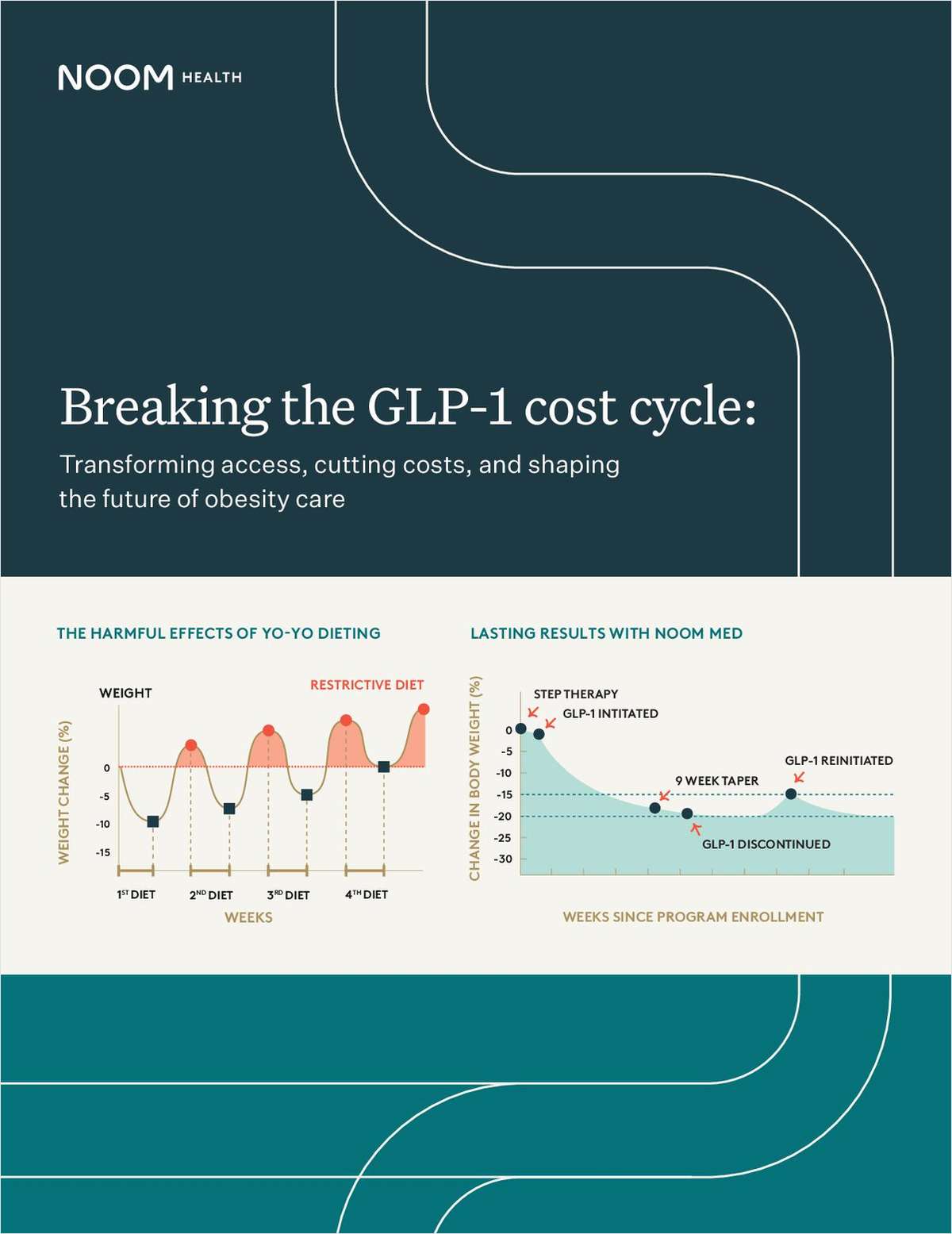Forget the Dow. How's the Economy Really Doing? Check the Courthouse
The caseload and type of cases now making their way through Connecticut Superior Court leave economists and court watchers optimistic.
February 29, 2020 at 10:11 PM
4 minute read
 Pricing Analytics. Photo: Shutterstock.com
Pricing Analytics. Photo: Shutterstock.com
The Dow Jones Industrial Average's plunge sent investors scrambling Friday, as fears over the spread of the Coronavirus contributed to the biggest downturn since the market collapse of 2008.
But experts say look beyond stock-market volatility for more long-term indicators—a trove of economic signposts among court-administration data.
And there's good news: The latest numbers point to a recovery.
"The economy most definitely affects what you see in the courts," said Zachary Cohle, an assistant teaching professor of economics at Quinnipiac University School of Law. "If you have an economy in a free fall, you will see a lot more people acting desperately."
Crimes such as robbery, for example, are likely to increase during a recession, Cohle said. And tough economic times bring a spike in foreclosures and collections on the civil court side.
But the caseload and type of cases now making their way through Connecticut Superior Court leave economists and court watchers optimistic.
One major indicator—debt-collection litigation—dropped to 12,518 cases for the 2019 fiscal year, which ran from July 1, 2018 to June 30, 2019. That tally was the lowest in nearly two decades, according to Connecticut Superior Court statistics, which showed about 13,000 to 15,000 cases pending each year from 2000 to 2007. When the recession hit, collections litigation shot to more than 20,000 cases annually for the four-year period between 2008 and 2012.
The same is true for foreclosures. At the recession's peak from fiscal year 2008 to 2010, more than 20,000 foreclosure lawsuits hit the Superior Court docket each year. Half that many cases landed at the latest count, with 9,852 foreclosure cases filed during fiscal year 2019—the only year in nearly a decade with fewer than 10,000 complaints.
"At this point in time, the economy is doing well," said Joseph Greelish, director of performance, management, quality assurance and judicial branch statistics for the Superior Court. "The bubble has burst, and the pending caseloads in many areas in the courts have stabilized because of the time lapsed since the recession. During the recession, the courts got buried with the sheer volume of cases. It takes time to work that volume through the system."
Boom-time suits
It's not only the downturns that trigger tell-tale litigation.
An upswing could also lead to crowded dockets, said Murtha Cullina partner Mark DeGiacomo.
"You will see business and commercial litigation increase when the economy is good," said DeGiacomo, a head of the firm's litigation department, and a Chapter 7 and Chapter 11 bankruptcy trustee. "You will see companies suing each other when people are building more and there is more business growth. There are always disputes ending up in court."
Contracts litigation edged upward, for instance, rising more than 16% to 14,366 disposed cases in fiscal year 2019, compared to 12,046 suits one year earlier.
The court data suggests—and experts agree—the economy is rebounding, but will it stay strong?
That depends, Cohle said.
"It's a guessing game on how long this great economy will last," he said, pointing to two major uncertainties: the 2020 presidential election and the Coronavirus, which has already sent the stock-market into a spiral.
A prolonged slowdown in East Asia will affect businesses across the globe, but Cohle said initiatives under Presidents Barack Obama and Donald Trump have made the U.S. economy strong enough to withstand a setback. He said Obama's implementation of the Affordable Care Act, for instance, created more disposable income by lowering healthcare premiums, while Trump's tax cuts further strengthened the economy.
"While I think a slowdown is imminent, it will not be a recession," Cohle said. "I think we have very capable leaders of both parties. And I think there is a lot going on that is right with the economy. Even if a slow down occurs, we will bounce back."
Read more:
Coronavirus, Election Jitters Have Law Firm Leaders Pondering a Downturn
This content has been archived. It is available through our partners, LexisNexis® and Bloomberg Law.
To view this content, please continue to their sites.
Not a Lexis Subscriber?
Subscribe Now
Not a Bloomberg Law Subscriber?
Subscribe Now
NOT FOR REPRINT
© 2025 ALM Global, LLC, All Rights Reserved. Request academic re-use from www.copyright.com. All other uses, submit a request to [email protected]. For more information visit Asset & Logo Licensing.
You Might Like
View All
'Battle of the Experts': Bridgeport Jury Awards Defense Verdict to Stamford Hospital
3 minute read
Judge Awards Over $350K in Attorney Fees in Data Breach Class Action Settlement
3 minute read
False Claims Act Causation Standard Continues to Divide Federal Courts
5 minute read
Law Firms Mentioned
Trending Stories
- 1The Law Firm Disrupted: Scrutinizing the Elephant More Than the Mouse
- 2Inherent Diminished Value Damages Unavailable to 3rd-Party Claimants, Court Says
- 3Pa. Defense Firm Sued by Client Over Ex-Eagles Player's $43.5M Med Mal Win
- 4Losses Mount at Morris Manning, but Departing Ex-Chair Stays Bullish About His Old Firm's Future
- 5Zoom Faces Intellectual Property Suit Over AI-Based Augmented Video Conferencing
Who Got The Work
J. Brugh Lower of Gibbons has entered an appearance for industrial equipment supplier Devco Corporation in a pending trademark infringement lawsuit. The suit, accusing the defendant of selling knock-off Graco products, was filed Dec. 18 in New Jersey District Court by Rivkin Radler on behalf of Graco Inc. and Graco Minnesota. The case, assigned to U.S. District Judge Zahid N. Quraishi, is 3:24-cv-11294, Graco Inc. et al v. Devco Corporation.
Who Got The Work
Rebecca Maller-Stein and Kent A. Yalowitz of Arnold & Porter Kaye Scholer have entered their appearances for Hanaco Venture Capital and its executives, Lior Prosor and David Frankel, in a pending securities lawsuit. The action, filed on Dec. 24 in New York Southern District Court by Zell, Aron & Co. on behalf of Goldeneye Advisors, accuses the defendants of negligently and fraudulently managing the plaintiff's $1 million investment. The case, assigned to U.S. District Judge Vernon S. Broderick, is 1:24-cv-09918, Goldeneye Advisors, LLC v. Hanaco Venture Capital, Ltd. et al.
Who Got The Work
Attorneys from A&O Shearman has stepped in as defense counsel for Toronto-Dominion Bank and other defendants in a pending securities class action. The suit, filed Dec. 11 in New York Southern District Court by Bleichmar Fonti & Auld, accuses the defendants of concealing the bank's 'pervasive' deficiencies in regards to its compliance with the Bank Secrecy Act and the quality of its anti-money laundering controls. The case, assigned to U.S. District Judge Arun Subramanian, is 1:24-cv-09445, Gonzalez v. The Toronto-Dominion Bank et al.
Who Got The Work
Crown Castle International, a Pennsylvania company providing shared communications infrastructure, has turned to Luke D. Wolf of Gordon Rees Scully Mansukhani to fend off a pending breach-of-contract lawsuit. The court action, filed Nov. 25 in Michigan Eastern District Court by Hooper Hathaway PC on behalf of The Town Residences LLC, accuses Crown Castle of failing to transfer approximately $30,000 in utility payments from T-Mobile in breach of a roof-top lease and assignment agreement. The case, assigned to U.S. District Judge Susan K. Declercq, is 2:24-cv-13131, The Town Residences LLC v. T-Mobile US, Inc. et al.
Who Got The Work
Wilfred P. Coronato and Daniel M. Schwartz of McCarter & English have stepped in as defense counsel to Electrolux Home Products Inc. in a pending product liability lawsuit. The court action, filed Nov. 26 in New York Eastern District Court by Poulos Lopiccolo PC and Nagel Rice LLP on behalf of David Stern, alleges that the defendant's refrigerators’ drawers and shelving repeatedly break and fall apart within months after purchase. The case, assigned to U.S. District Judge Joan M. Azrack, is 2:24-cv-08204, Stern v. Electrolux Home Products, Inc.
Featured Firms
Law Offices of Gary Martin Hays & Associates, P.C.
(470) 294-1674
Law Offices of Mark E. Salomone
(857) 444-6468
Smith & Hassler
(713) 739-1250










